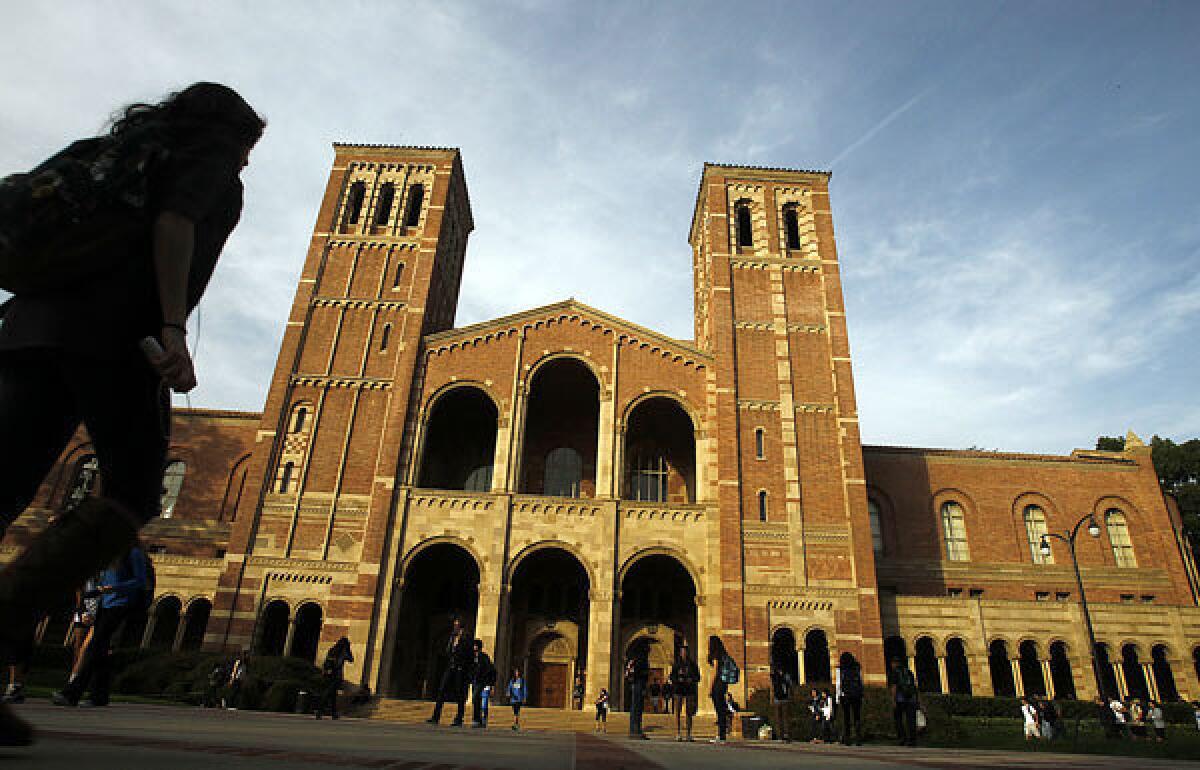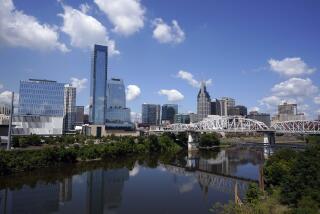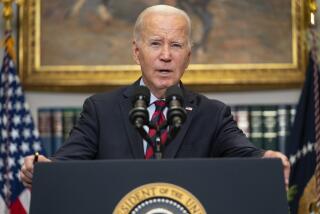Interest rate on key student loan to double unless Congress acts

The interest rate for a key type of student loan is scheduled to double from 3.4% to 6.8% in three months unless Congress, which voted to lower the rate in 2007, decides to keep it in place.
The rate for the subsidized Stafford loans had gradually declined from 2008 through 2011, when it bottomed out at 3.4%. Last summer, after some bitter partisan sniping, Congress extended the low rate – but only for a year.
It’s scheduled to rise back to 6.8% on July 1 unless Congress acts. But the estimated $6-billion cost makes that by no means a certainty during a year in which federal budget deficits are such a divisive issue.
GALLERY: Biggest losses to federal deposit insurance programs
Neither party’s budget proposal has money specifically set aside to keep rates on subsidized Stafford loans at the current level, a recent Huffington Post look at the issue noted.
House Republicans’ budget would double the rates on newly issued loans. Senate Democrats want to keep the 3.4% interest rate – but the budget they passed last month does not set aside money to make that happen.
Under any circumstances, the subsidized Stafford loans are considered the best deal for students who can demonstrate financial need.
That’s because the government pays the interest on the loans while students are enrolled at least half time. Freshmen can receive a maximum of $3,500 a year, sophomores $4,500 and the loans top out at $5,500 annually for juniors and seniors.
The interest charges only kick in after students are out of school. A student who borrowed the maximum $19,000 over a four-year college career and then repaid the debt over the standard 10 years would shell out a total of $22,439 at 3.4%, compared with $26,238 at 6.8%.
U.S. Rep. Karen Bass (D-Los Angeles) introduced a bill on March 21 that would extend the low rate permanently.
“Education is a ladder to economic opportunity but for far too many Americans the opportunity
is coming at too great a cost,” she said.
ALSO:
Student loan delinquency in danger zone
Report: Making student loans easier, cheaper
Which college majors pay? Engineering trumps business







